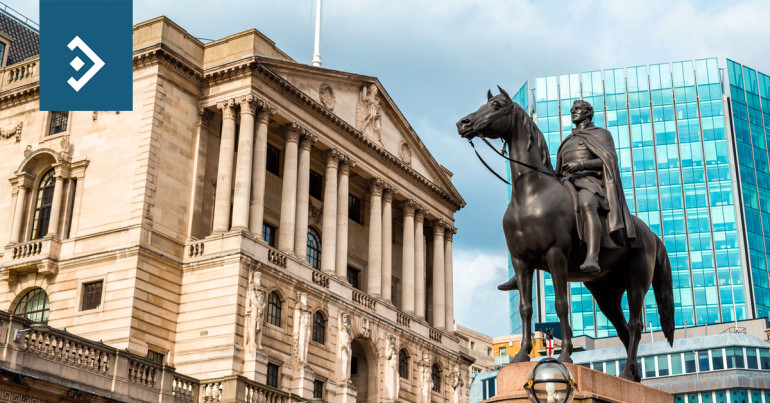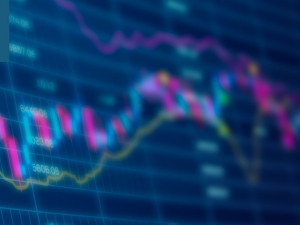
Markets await Bailey’s comments
Morning mid-market rates – The majors
17th March: Highlights
- BoE not out of firepower
- The world has turned the Covid Corner
- Vaccine woes continue
BoE Governor to follow Powell in forward thinking
Both are likely to remain unchanged.
It will be interesting to note whether the attitude to the pace of the recovery is affected at all by the outcome of the FOMC meeting which concludes this evening.
Bailey and Jerome Powell face similar issues, both are going to need to hold back potentially overheating economies and deal with inflation that both admit will break above their official targets.
Bailey will most likely be backed in whatever comments he makes by colleagues both at the Bank and on the MPC.
Jon Cunliffe, his Deputy for Financial Stability and Andrew Haldane the Bank’s Chief Economist are both due to speak. While Cunliffe’s support has been more implied, Haldane has been vociferous over the pace at which he expects the economy to recover.
There are likely to be one or two unscheduled comments from those members of the MPC who are independent. They seem, en bloc, to be a little more pessimistic about the recovery. There is a feeling that unemployment is going to be a drag as a new normal appears, with jobs at a premium. This, they believe, will lead to a need for negative interest rates later in the year.
Bailey has given a pledge to banks that they will receive adequate notice of such a move. It would obviously be unprecedented but more significantly would take monetary policy and the entire financial structure of the nation down a totally unnavigated path.
Sterling remains under gentle pressure from a recovering dollar. There is likely to be an odd tussle among major currencies gouging forward as they each compete to be the weakest. That would help economic recovery but also spur inflation.
The most salient questions going forward will be which nation has the least tools to affect the currency and which is most in fear of runaway inflation?
(see below)
The pound fell to a low of 1.3809, but recovered to close almost unchanged on the day at 1.3895.
Considering your next transfer? Log in to compare live quotes today.
Vital FOMC meeting could shape the rest of the year
However, where the UK is naturally in constant doubt about when the bubble will burst, the U.S. is full of confidence about its recovery despite having been handicapped by official policy at the start of the Pandemic.
The data that was released in the U.S. today would, in normal circumstances, be concerning and attract a negative outlook.
Retail sales fell by 3% following a 7.6% rise last month. This is, of course, an hors d’oeuvre before the country will gorge on a banquet of pent-up demand fuelled by the arrival of stimulus cheques through many letter boxes, while the flames are fanned by the gradual lifting of the lockdown.
This situation is again similar to the UK. In particular regarding the lifting of restrictions. Rishi Sunak wouldn’t be so bare faced as to bribe British people to go out and spend. The Chancellor would still prefer the personal savings rates to rise while he deals with stimulus in another way.
The size of the numbers or number of zeros on a cheque means very little to the U.S. Treasury or Central Bank.
When the most interesting comments from the Pandemic Year are published, Janet Yellen’s go big or go home will be near the top.
That show of support for continued stimulus was music to Jerome Powell’s ears. It confirmed one of the three legs of recovery he desired and persuaded him to go soft on inflation, agreeing with market perception that he was sitting on the powder keg of the possibility of an overheating economy.
Powell prefers to refer to rising inflation in terms of a possible consequence of actions taken by the administration for a perfectly legitimate reason and is therefore to be dealt with in the same manner.
It would be surprising if the FOMC did any more that commit to being cautious over inflation but also keeping the fire burning.
Yesterday, the dollar index remained on the front foot. It reached a high of 92.02, closing at 91.88. Consecutive closes above 91.80 are relatively bullish but a sustained break of 92.20 is necessary to confirm the rally as having legs.
Shooting oneself in the foot to become national pastime
The only thing that both the Eurozone and commentators on the outside looking in need to concern themselves with is the number of people receiving their first dose of whichever vaccine they can get hold, of on a daily basis.
It is baffling why there is such a level of concern over the AstraZeneca vaccine with the latest information confirming that the EU Regulator remains convinced of the benefits of this particular jab.
Until the Union gets its act together, any benefits that accrue from any perceived recovery will end up as just another statistic.
In an interview which proved that the economy is currently of secondary importance, ECB Chief Economist Phillip Lane commented yesterday that the Bank has the ability to lower the deposit rate further in need. To use a well-known phrase that is like rearranging the deckchairs on the Titanic.
The Governor of Sweden’s Riksbank commented yesterday that monetary policy will need to remain accommodative for some time.
Stefan Ingves believes that expansionary policies will contribute to the rise in inflation towards target. The issue with that is that should inflation begin to rise towards and probably through the target of 2%, it is hard to see what the ECB may have in its locker to halt it.
The German statistics agency commented yesterday that the second lockdown had halted economic recovery but data it has seen so far predicts that the slowdown in Q1 won’t be as bad as had been feared.
That remains to be seen.
Yesterday, the euro performed poorly in the face of a reasonably well supported dollar. It fell to a low of 1.1882, closing at 1.1905.

About Alan Hill
Alan has been involved in the FX market for more than 25 years and brings a wealth of experience to his content. His knowledge has been gained while trading through some of the most volatile periods of recent history. His commentary relies on an understanding of past events and how they will affect future market performance.”



